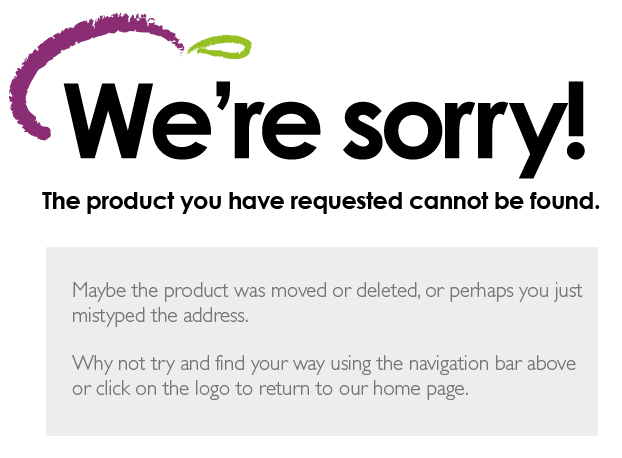Không tìm thấy tin đăng này!

RAO VẶT HÔM NAY
- 0
Chính chủ cần bán nhà có 102 đống đa phố nguyễn lương bằng 54m2 x4 t .5 tỷ ô
Cập nhật: vài giây trước - 0
Thuốc trừ sâu f16 - thethuangroup.com
Cập nhật: 1 phút trước  1
1Chính chủ cần bán nhà phố mỹ đình quận nam từ liêm 30 x 5 t nhỉnh 3 tỷ ô tô kd
Cập nhật: 1 phút trước- 0
Chính chủ cần bán nhà phố ngọc trục đại mỗ quận nam từ liêm 35 m2 x 5 t nhỉnh
Cập nhật: 2 phút trước - 0
Chính chủ cần bán nhà phố phú diễn quận bắc từ liêm 33m2 x 4 tầng nhỉnh 4 tỷ ô
Cập nhật: 3 phút trước  2
2Bán khách sạn mặt phố lương ngọc quyến, 80m2, 5 tầng, mặt tiền 5.4m, 77.5 tỷ,
Cập nhật: 3 phút trước 1
1Bán nhà mặt phố bát đàn, 50m2, 6 tầng, 37.4 tỷ, vỉa hè rộng, đường 2 chiều,
Cập nhật: 3 phút trước 2
2Cực hiếm! bán nhà mặt phố trung liệt, 60m2, 7 tầng thang máy, mặt tiền 6m, 41.5
Cập nhật: 4 phút trước- 0
Cần bán nhà chính chủ phố lê quang đạo quận nam từ liêm 40 m2 x 5 tầng nhỉnh 5
Cập nhật: 4 phút trước  2
2Bán nhà mặt phố đào duy từ, 40m2, 5 tầng, mặt tiền 3.5m, 36.8 tỷ, kinh doanh
Cập nhật: 4 phút trước 1
1Bán nhà mặt phố chân cầm, 80m2, 72.5 tỷ, kinh doanh siêu đỉnh, phù hợp xây
Cập nhật: 4 phút trước 1
1Tuyển dụng giáo viên ielts tại quận gò vấp và tân phú #2026....#2026
Cập nhật: 5 phút trước 2
2Bán nhà mặt phố bùi thị xuân, 110m2, 8 tầng thang máy, mặt tiền 4.5m, giá 82.5
Cập nhật: 5 phút trước 1
1Bán nhà mặt phố hàng điếu, 50m2, 6 tầng, 37.4 tỷ, vỉa hè rộng, đường 2 chiều,
Cập nhật: 5 phút trước 1
1Chính chủ cần bán nhà phố đường đê mới thôn phượng nghĩa xã phụng châu quận
Cập nhật: 6 phút trước 1
1Chính chủ cần tiền bán gấp căn nhà phố mễ trì thượng quận nam từ liêm 65 m2 x 4
Cập nhật: 6 phút trước 1
1Mui duc be tong xsafe dung cu cam tay bao ho lao dong xsafe vn
Cập nhật: 7 phút trước- 0
Cần bán nhà chính chủ quận cầu giấy phường quan hoa 50 m2 x6 t 9.3 tỷ ô tô kd
Cập nhật: 7 phút trước  2
2Lịch khai giảng khóa cấp tốc 2025 tại gò vấp / tân phúhth
Cập nhật: 8 phút trước- 0
Chính chủ cần bán tòa nhà phố tôn đức thắng 113 m2x 9 tầng mt rộng giá 70 tỷ ô
Cập nhật: 9 phút trước












